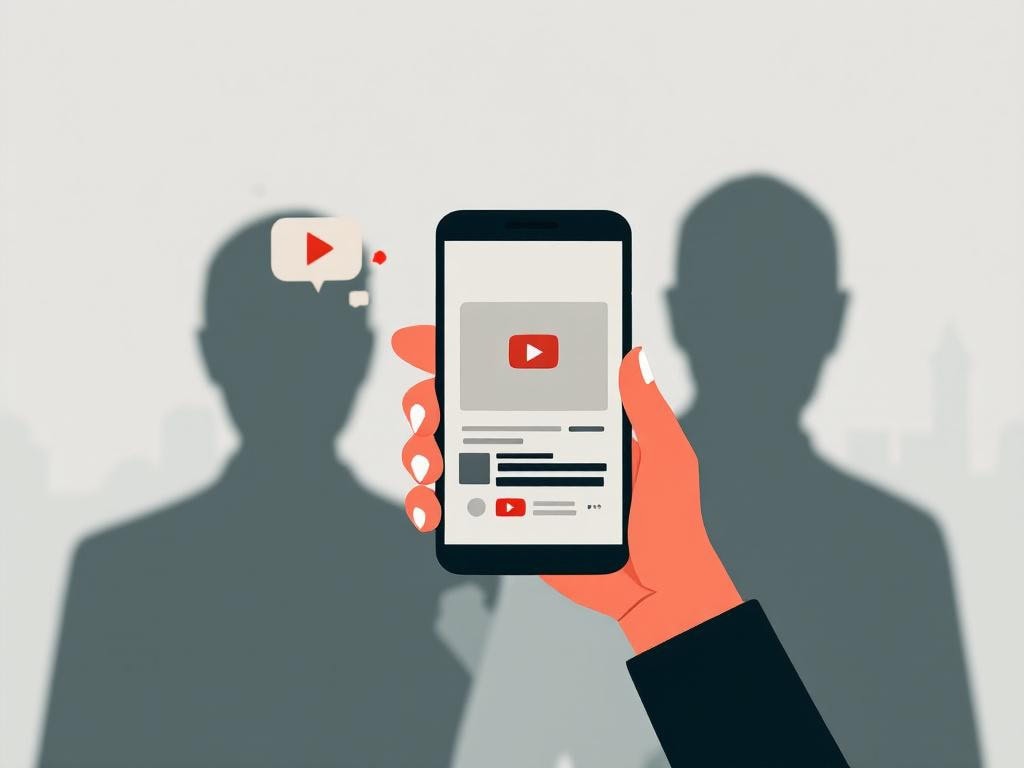YouTube’s Content Control: Examining Government Influence on Pro-Palestinian Videos

YouTube Removes 700+ Pro-Palestinian Videos After US State Department Request
YouTube has deleted more than 700 videos related to Israeli human rights violations following direct intervention from the U.S. State Department, according to reporting by The Intercept. The platform confirmed that the removal stemmed from sanctions the Trump administration leveled against human rights groups in September over their work with the International Criminal Court on cases charging Israeli officials with war crimes.
The incident highlights the growing tension between government control and free speech on social media platforms, particularly as political administrations increasingly seek to influence online discourse. This comes amid claims from the Trump administration about censorship by tech companies, even as they now utilize similar approaches to content control.
Government interference in social media content
Social media platforms worldwide face mounting pressure from government entities trying to influence what content remains accessible. This pattern of intervention has become increasingly normalized across political systems and geographic regions.
India has repeatedly attempted to silence public dissent by censoring social media posts that might spark debate. In Turkey, authorities have removed thousands of posts deemed problematic, while Brazil temporarily blocked X (formerly Twitter) after the platform refused to comply with content removal demands.
The practice extends beyond authoritarian regimes. Australia has requested social platforms remove certain video clips globally, and Russian operatives regularly use social media to influence political agendas in various countries. The United States government has also engaged in content control requests across administrations.
"Try as they might, or advocate for free speech as they will, it seems inevitable that governments are going to try to interfere with social media platforms in some way," notes Social Media Today in their analysis of the situation.
Understanding these government interventions requires examining the complex social media risk management strategies organizations must implement to navigate political pressures while maintaining user trust.
The free speech paradox
The YouTube removals present a particularly notable contradiction in political messaging. The same Trump administration that has repeatedly positioned itself as defending free speech against "Big Tech censorship" is now actively working to remove content that conflicts with its foreign policy positions.
This paradox extends to prominent figures like Elon Musk, a key Trump supporter who purchased Twitter (now X) specifically to "protect free speech" and combat what he viewed as political censorship by Silicon Valley elites. However, since taking control, Musk has implemented systems that penalize counter-narratives while amplifying his own perspectives in the app.
These contradictions reveal how censorship debates often break along political lines rather than consistent principles. Many users find themselves outraged by restrictions that target viewpoints they support, while accepting similar tactics when applied to opposing positions.
"The question really relates to who's in power, and how much you align with their ethos and approach," suggests the report from Social Media Today, pointing to the subjective nature of these debates.
The increasing vulnerability of digital speech highlights why social media security practices have become essential knowledge for content creators addressing controversial topics.
Platform responsibility and business considerations
Social media companies face difficult decisions when responding to government demands. They must balance legal compliance, business interests, user rights, and varying international standards – often with no clear "right" answer.
In the case of YouTube's removal of the pro-Palestinian content, the platform ultimately complied with official sanctions, despite potential criticism from free speech advocates. This highlights the complex position these companies occupy as both private businesses and global information gatekeepers.
For users of social platforms, these incidents serve as important reminders that content moderation decisions are influenced by political pressures, regardless of which administration or ideology holds power. The consistency of government interference across political divisions suggests this dynamic will persist regardless of election outcomes.
How this impacts social media users
- Content visibility cannot be taken for granted, especially on politically sensitive topics that intersect with government interests
- Understanding that both conservative and liberal administrations have engaged in content removal requests helps provide context for platform policies
- Recognizing that "free speech" claims from either political side often contain contradictions when that side gains power
The YouTube incident serves as a sobering reminder that social media remains susceptible to government intervention across the political spectrum, challenging users to think critically about content moderation regardless of their political affiliations.
For content creators navigating these complex challenges, staying informed about YouTube tools and resources can help maintain visibility while adhering to platform policies that shift with political winds.
According to the Electronic Frontier Foundation, government influence over social media content represents one of the most significant digital rights challenges of our era, requiring ongoing vigilance from both platforms and users to protect fundamental expression rights.

